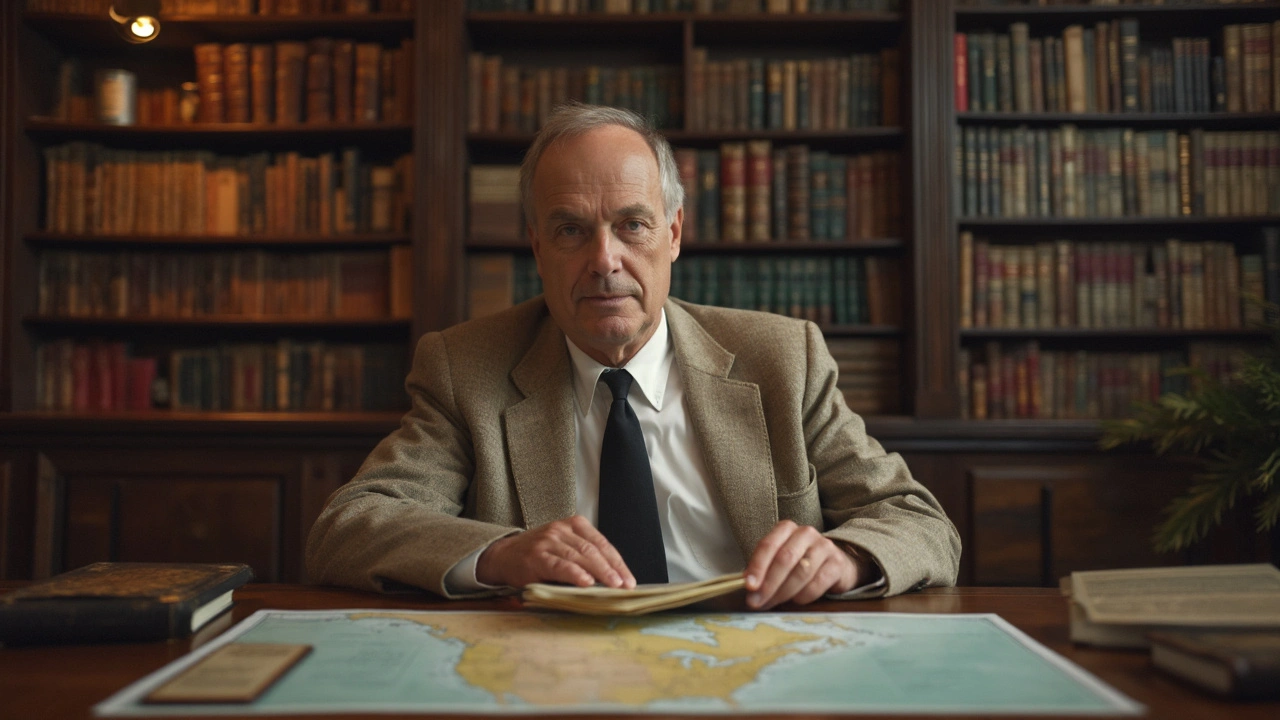Canada and the United States don’t always agree on how to use military power, but their choices shape a lot of peacekeeping work worldwide. This tag collects news, analysis, and field stories that show how the two countries cooperate — and where they clash — on peace operations, training, logistics, and policy.
They team up in practical ways. Think joint training for peace support operations, shared transport and logistics for missions, and coordinated diplomatic pushes in the UN or NATO. Canada often pushes for multilateral, UN-led responses while the U.S. may favor regional coalitions or NATO frameworks. Those differences matter when planning who goes where, who pays, and who sets rules of engagement.
On the ground, cooperation looks like allied units training together, sharing intelligence to protect civilians, and pooling medical or engineering resources. Behind the scenes, defence reviews, budget decisions, and political priorities in Ottawa and Washington change how much support a mission gets. If one country withdraws support, the mission can lose supplies, airlift capacity, or political backing fast.
If you care about mission success, follow this relationship. When Canada and the U.S. coordinate, missions often get faster support, better planning, and clearer political backing. When they disagree, peacekeepers face delays, funding gaps, and unclear mandates. That affects civilians in conflict zones more than any abstract policy debate.
Watching this tag helps you track the concrete signals: troop pledges, logistic agreements, joint exercises, and statements at the UN. Pay attention to domestic events too — elections, defence budget changes, and public debates can quickly shift either country’s willingness to act abroad.
What you’ll find here: up-to-date coverage of bilateral moves that affect peacekeeping, short explainers on policy shifts, field reports showing how cooperation plays out, and profiles of missions where both countries have influence. We also highlight training events, joint exercises, and major diplomatic moments that matter for peace operations.
Want to follow closely? Check new posts first for breaking updates, read analysis pieces when a major policy change happens, and look for mission reports to understand how decisions translate into action on the ground. Share posts you find useful and leave a comment if a story needs local context — community input helps us spot details faster.
Canada–U.S. ties can be messy, but they’re central to how many peacekeeping missions start, run, and end. Keep this tag bookmarked to see how two neighbors shape global efforts to protect civilians and stabilize fragile places.

Denis Stairs is a Canadian political scientist whose work has significantly impacted the study of national and international relations. His expertise in Canadian foreign and defence policy has shaped both academic discourse and practical policy decisions in Canada. Through a career spanning several decades, Stairs has held numerous esteemed positions, nurturing discussions about Canada-U.S. relations and contributing to scholarly and institutional advancements. His achievements underscore the vital role of political science in understanding global dynamics.
